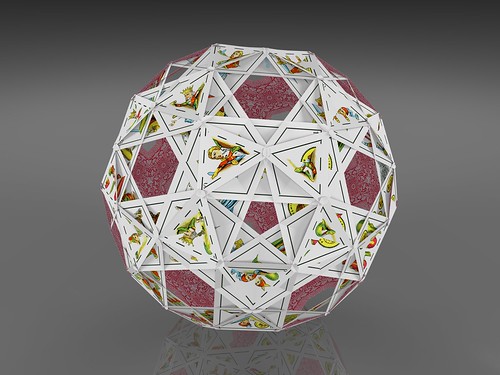Mathematics, or more colloquially, "math", is one of the most important subjects that students learn in school. Not only do good mathematical skills form a vital for insight of other subjects, especially the sciences, but also, math is an important life skill. Learning math regularly of procedure begins at young age, sometimes even at home, with Learning numbers and counting. At kindergarten and then school, students then enlarge through arithmetic (addition, subtraction, multiplication, and division), and eventually to more developed topics such as algebra, geometry, graphs and charts, and statistics. In all these areas, but especially during the Learning of arithmetic, practise and exercise is one of the most ways for students to enhance their mastery of the topic.

When Learning arithmetic, repeatedly doing sums for a long period, with diminutive variation, can soon get boring for many students. Before long, their concentration can start to wonder, and as we all know - this is not conducive to learning. Quite the opposite, students generally learn best when enjoying the subject, and as a supervene many math teachers have introduced a range of math games into their classrooms - and one such game that is very popular is math bingo.
In math bingo, each student is given a bingo card (also known as a "bingo worksheet" or "bingo board") printed with numbers. These aren't necessarily the thorough bingo numbers, but rather are the answers to a number of distinct math problems. The game is then played exactly like a general game of bingo, with the trainer playing the part of the bingo caller, but instead of the trainer calling out the numbers printed on the cards, the trainer instead calls out math problems (the trainer may also write the question on the blackboard). The students' task is to solve each problem, and then look for the number on their bingo card.
As you can imagine, this can be a lot of fun, and before you know it students can forget they are Learning math! What is more, teachers can also well vary the game play, for example, by using distinct types of math problems, or possibly even by asking members of the class to solve each question before bright on to the next bingo call.
conversational tone Math Bingo Games conversational tone
No comments:
Post a Comment